2025 edition
The 6th edition of the international conference Medical Review Auschwitz: Medicine Behind the Barbed Wire was held in Kraków on September 15-17, 2025.
The event brought together more than 100 participants from over a dozen countries, including young physicians from the United States and Israel who participated in the conference’s fellowship program.
read more
The conference opened with a study visit to the Auschwitz-Birkenau State Museum, which included entry to Block 10, where criminal medical experiments had been conducted on prisoners. Participants also viewed the exhibition Negatives of Memory. Labyrinths by Marian Kołodziej, prisoner no 432 of KL Auschwitz, at the St. Maximilian Maria Kolbe Center in the nearby village of Harmęże. Nearly 50 years after surviving the camp, Kołodziej created a series of powerful drawings depicting his experiences.
The academic sessions of the conference were held at Jagiellonian University’s Collegium Novodvorscianum (ul. Św. Anny 12), adjacent to Kraków’s medieval Main Square. The opening remarks were delivered by Prof Maciej Małecki, Vice Rector of the Jagiellonian University Medical College; Dr Piotr Gajewski, President of the Polish Institute for Evidence Based Medicine; and Assoc Prof Karol Polejowski, Vice President of the Institute of National Remembrance.
The guest of honor was Dr Leon Weintraub, a 99-year-old survivor of German Nazi concentration camps. In an emotional address, he spoke about his wartime experiences and stressed: “It is our duty to preserve the memory of the victims of Nazi ideology and to oppose prejudice and hostility toward others. Denying or forgetting the consequences of Hitler’s ideology means depriving those victims of life once again.”
In their lectures and discussions, leading experts on medicine during World War II addressed the multiple aspects of violations of medical ethics by physicians and other health personnel serving Nazi Germany. Participants heard from physicians, historians, and legal scholars such as Prof Mildred Solomon (USA), Thorsten Wagner (USA), Prof Volker Roelcke (Germany), Karla Childers (USA), Prof Herwig Czech (Austria), Assoc Prof Kamila Uzarczyk (Poland), Dr Teresa Wontor-Cichy (Poland), Dr Filip Gańczak (Poland), Prof Michael von Cranach (Germany), Prof Marius Turda (United Kingdom), Prof Jay R. Malone (USA), Dr Katarzyna du Vall (Poland), Prof Hans-Joachim Lang (Germany), Dr Tessa Chelouche (Israel), Prof Rebecca Brendel (USA), and Prof Matthew Wynia (USA).
Presentations and panel discussions related these crimes of the past to present-day challenges, highlighting lessons for contemporary medicine and bioethics.
As in previous years, the Zdzisław Jan Ryn Award was presented in recognition for the best lecture, as determined by participant voting. The prize—a statuette by sculptor Karol Gąsienica Szostak—was awarded to Prof Jay R. Malone of Washington University School of Medicine in St Louis (USA) for his lecture “Suffering and the Moral Orientation of Presence.” Prof Mildred Solomon was also presented with the best lecture award from last year’s conference, in which she participated remotely.
The conference concluded with a series of workshops on day 3. This offered an opportunity for the participants to exchange reflections following their visit to the Auschwitz-Birkenau Museum and the lectures.
The conference Medical Review Auschwitz: Medicine Behind the Barbed Wire is organized annually by the Polish Institute for Evidence Based Medicine in cooperation with the Kraków Medical Society, the Institute of National Remembrance, the Jagiellonian University Medical College, and the Kraków Chamber of Physicians. The event partners include the Auschwitz-Birkenau State Museum, the Center for Bioethics at Harvard Medical School (USA), the University of Colorado Center for Bioethics and Humanities (USA), the International Chair in Bioethics – World Medical Association Cooperation Center (Israel), Fellowships at Auschwitz for the Study of Professional Ethics (FASPE), and the Museum of Kraków.
The 2025 edition was made possible through the financial support of the Finkelstein Foundation, the Institute of National Remembrance (funding for the fellowship program), and the Kraków Chamber of Physicians. The honorary patrons of the conference were Łukasz Smółka, Marshal of the Małopolska Region, and Aleksander Miszalski, Mayor of Kraków.
show gallery
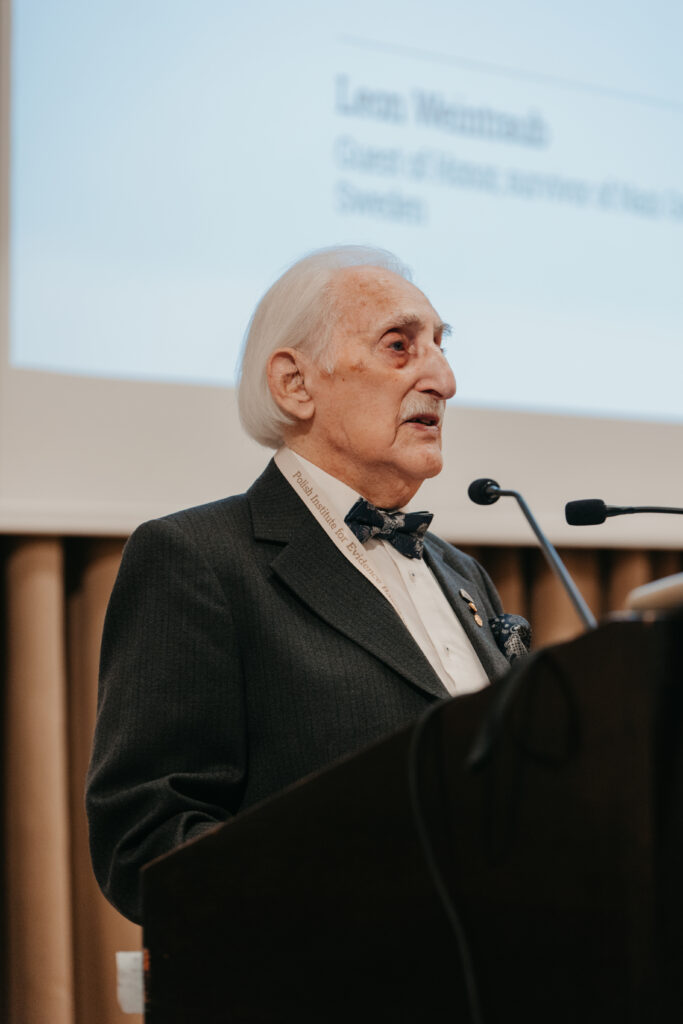
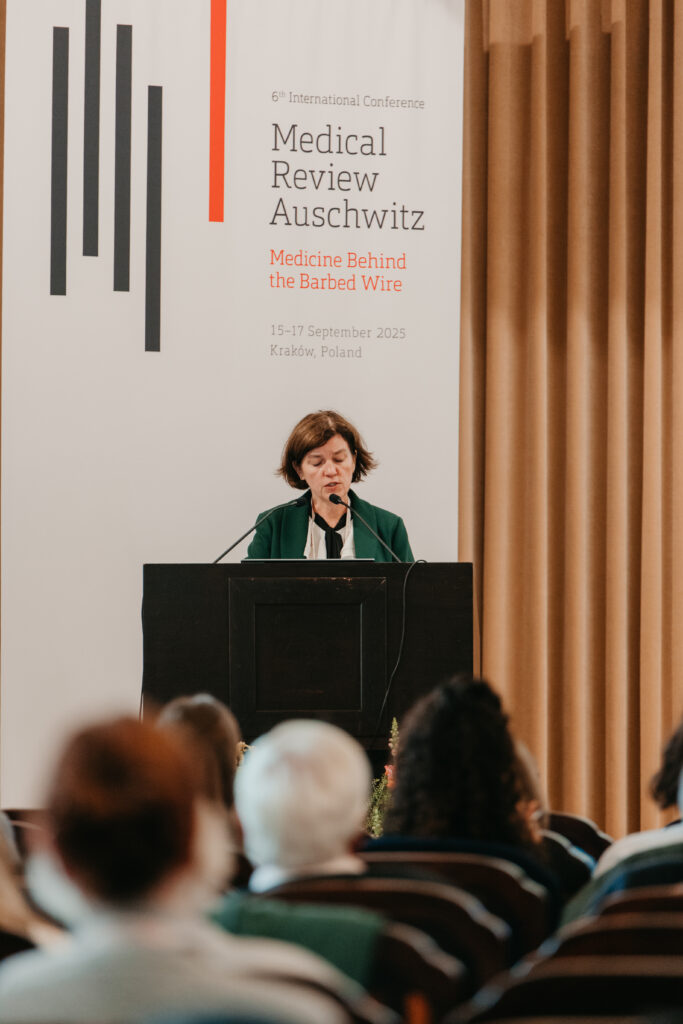
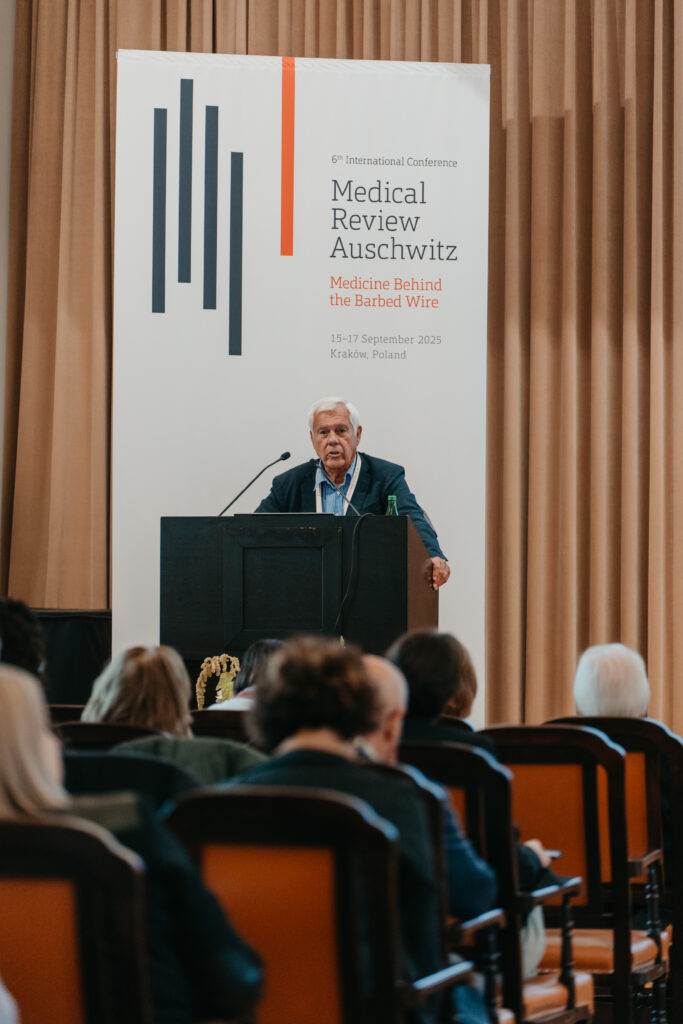
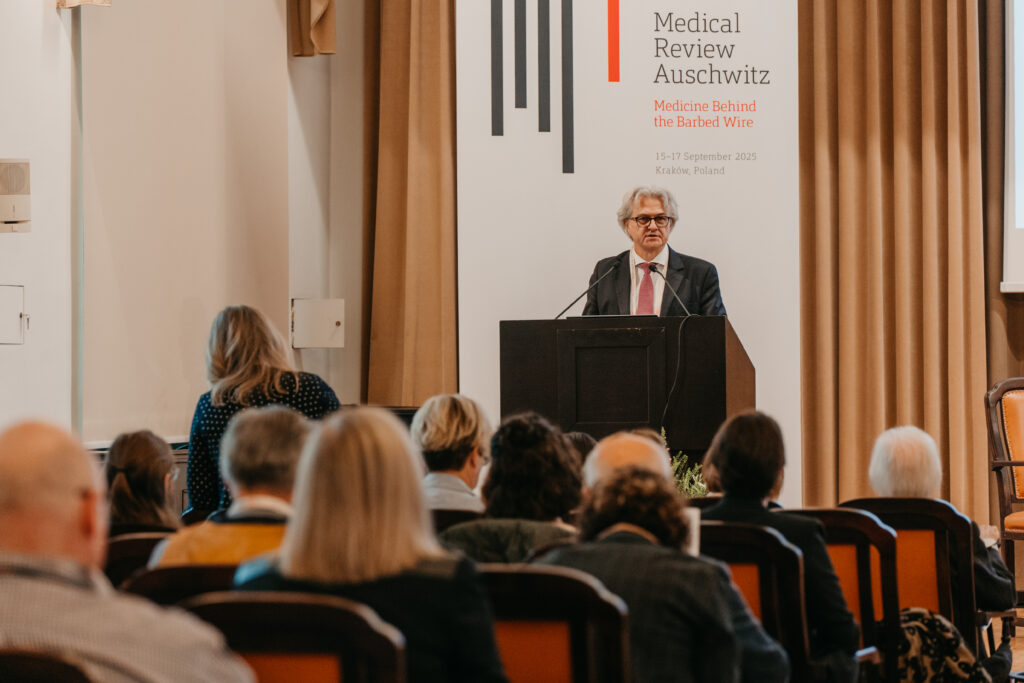
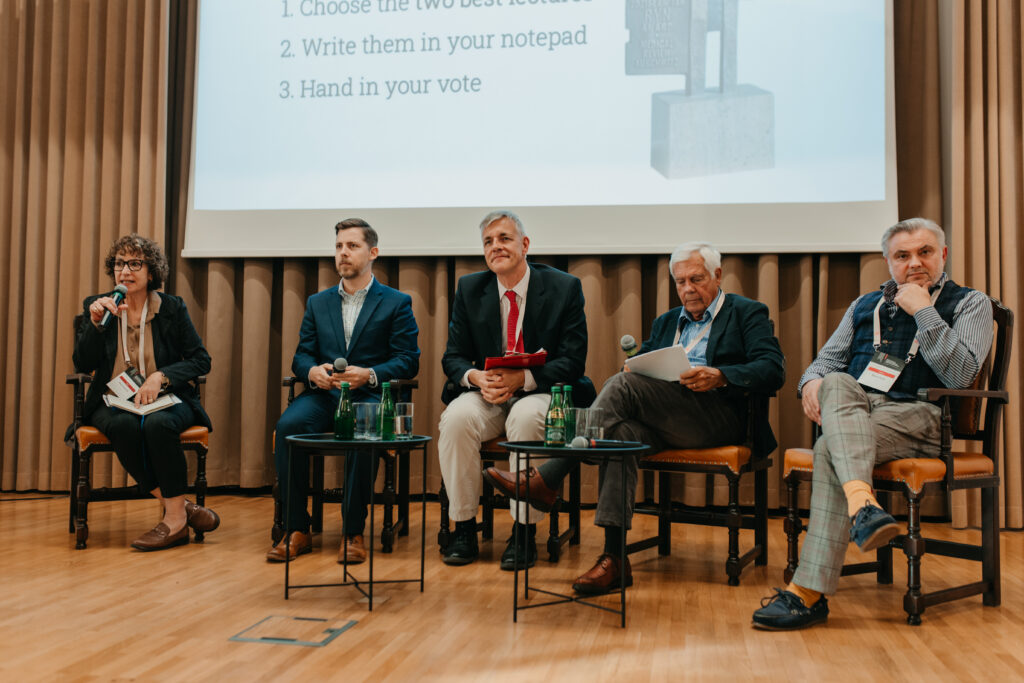
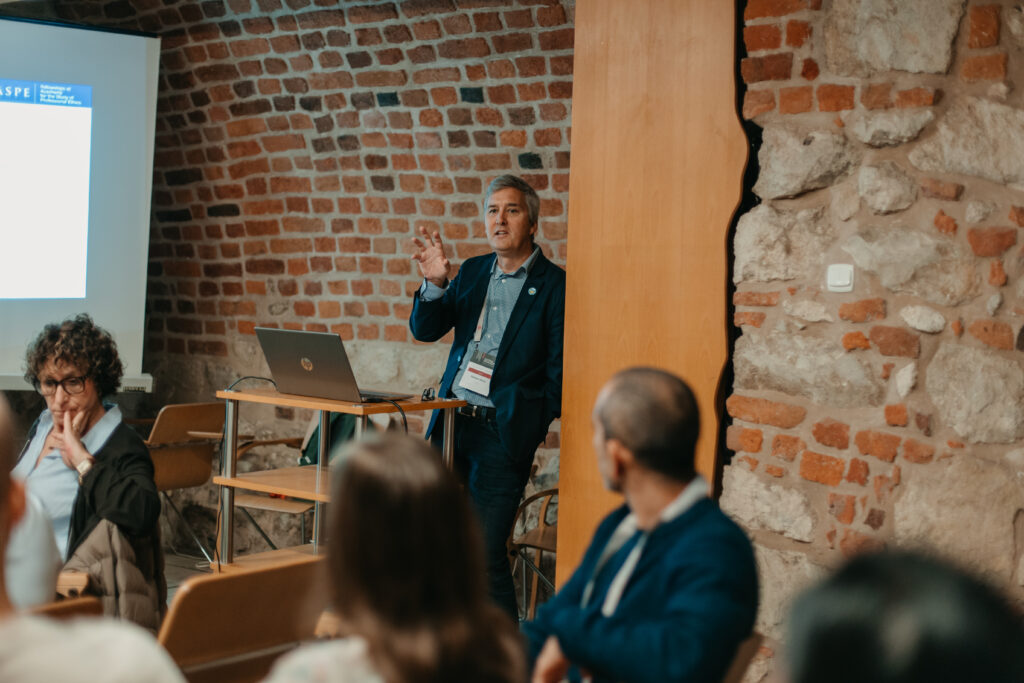
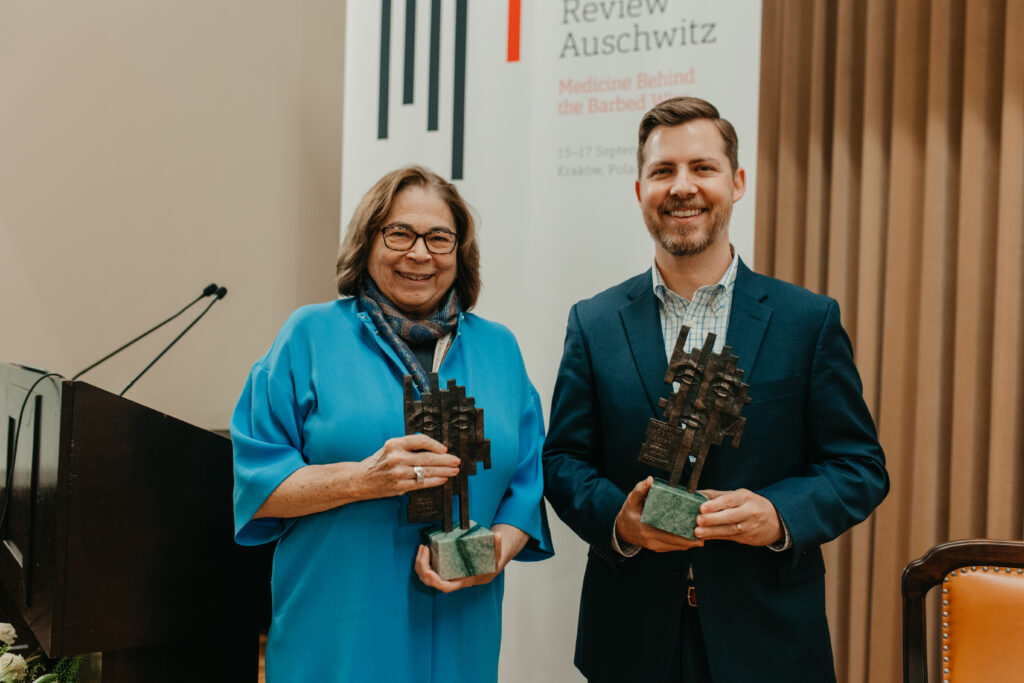
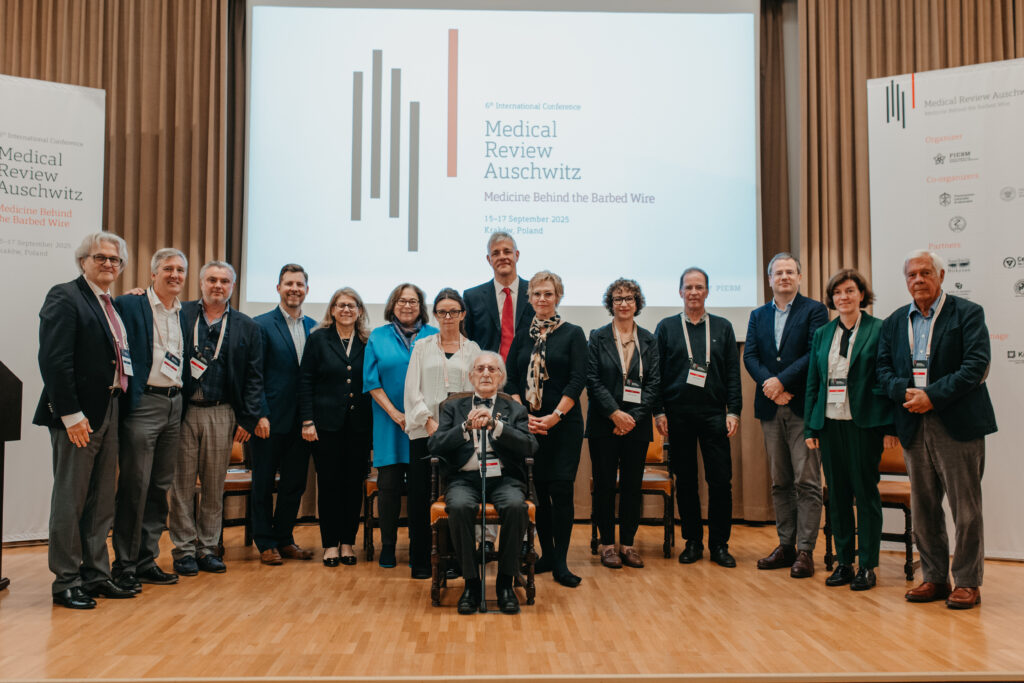
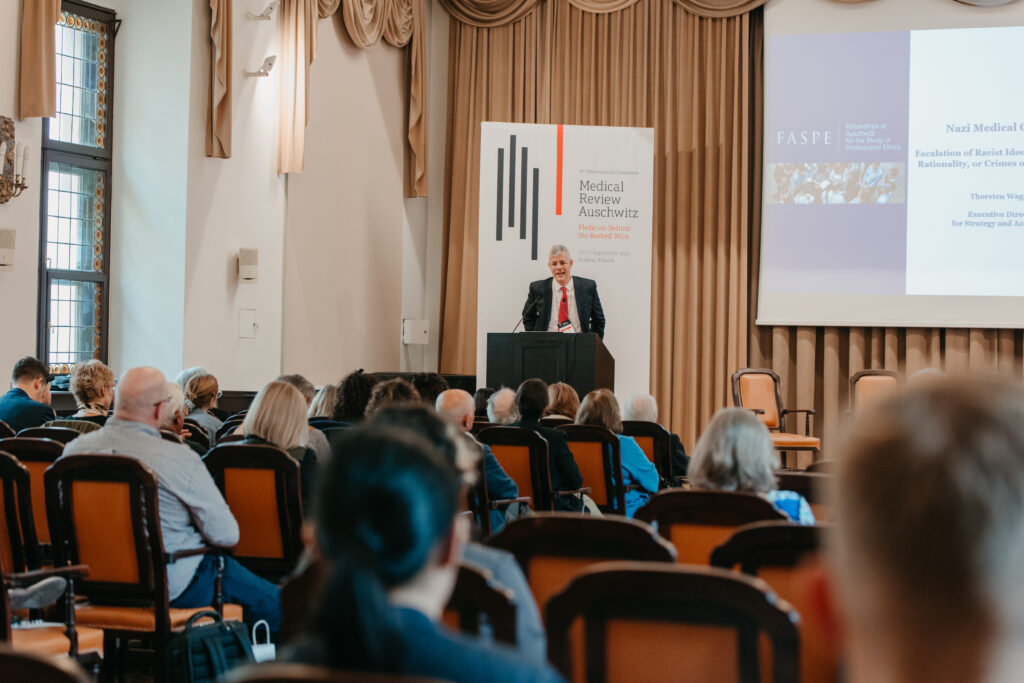
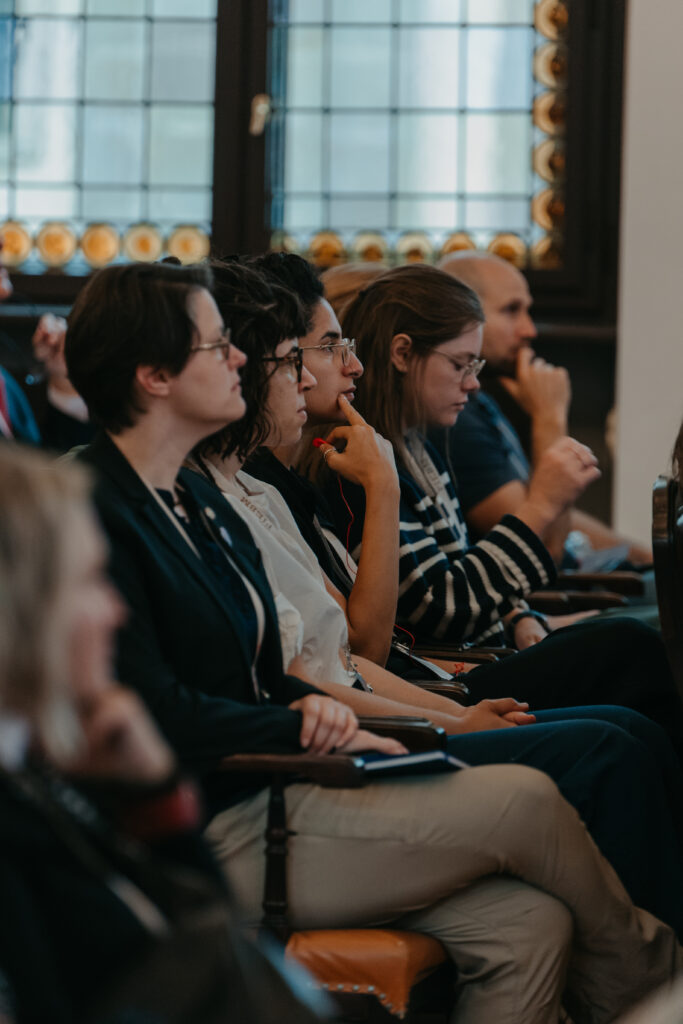
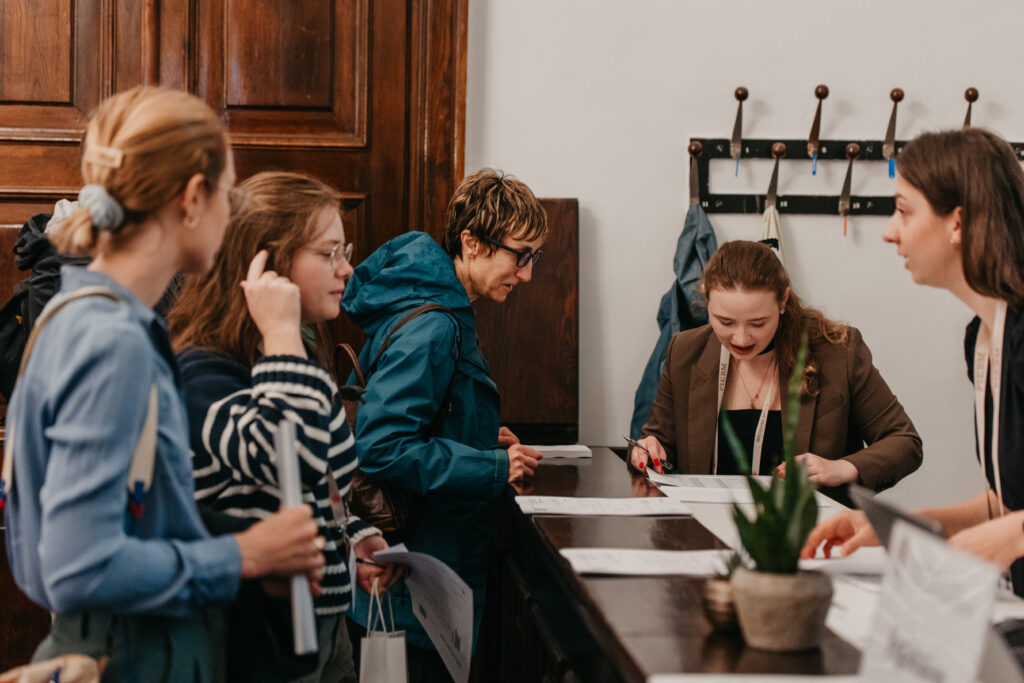
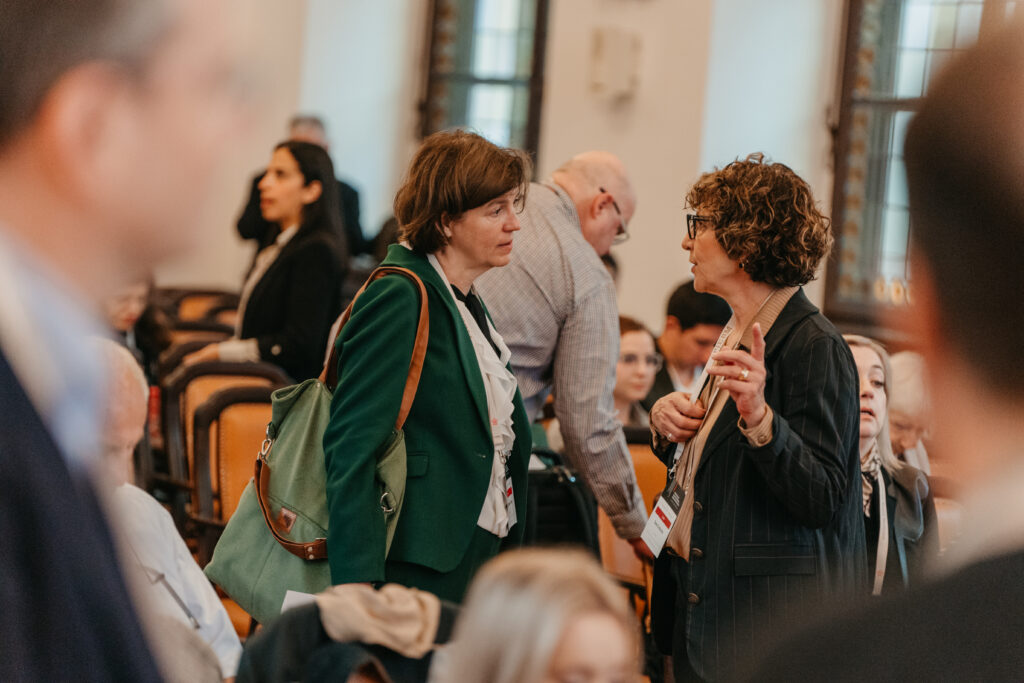
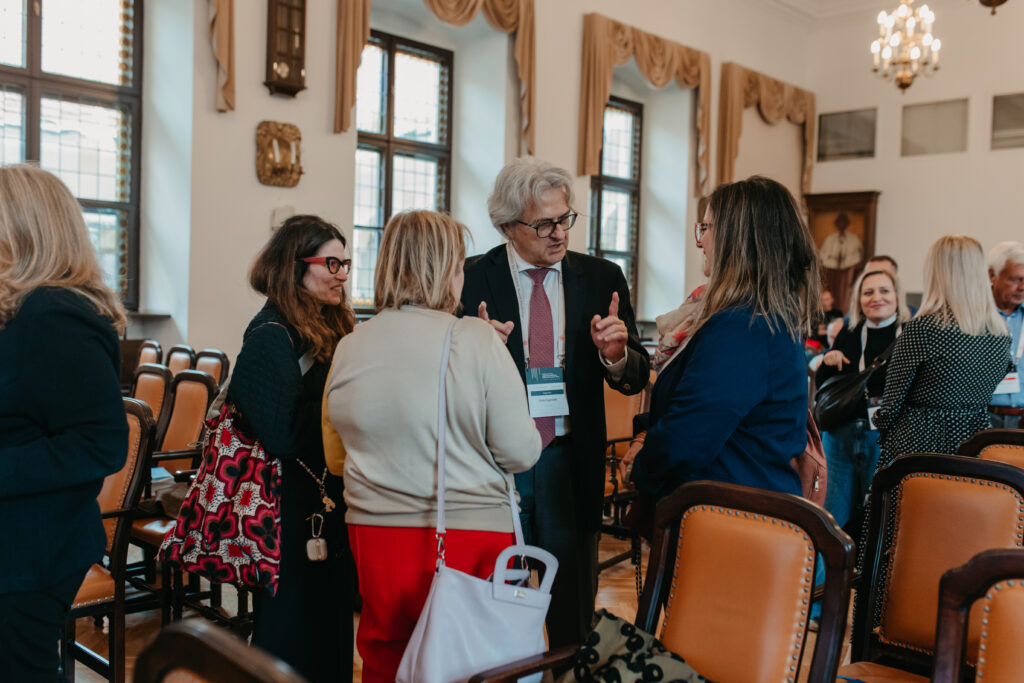
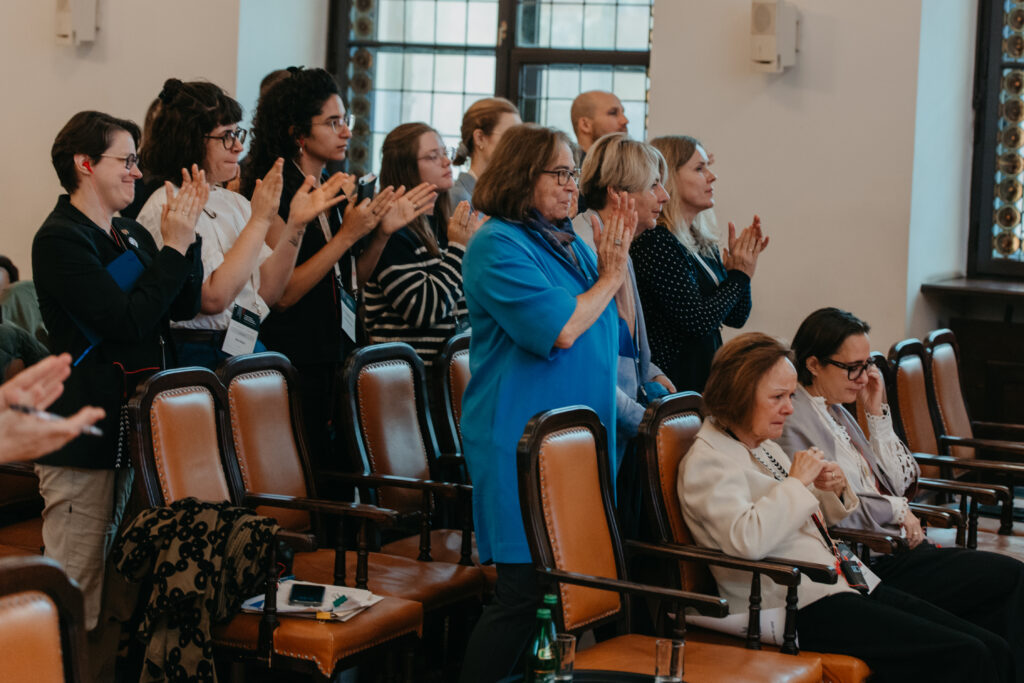
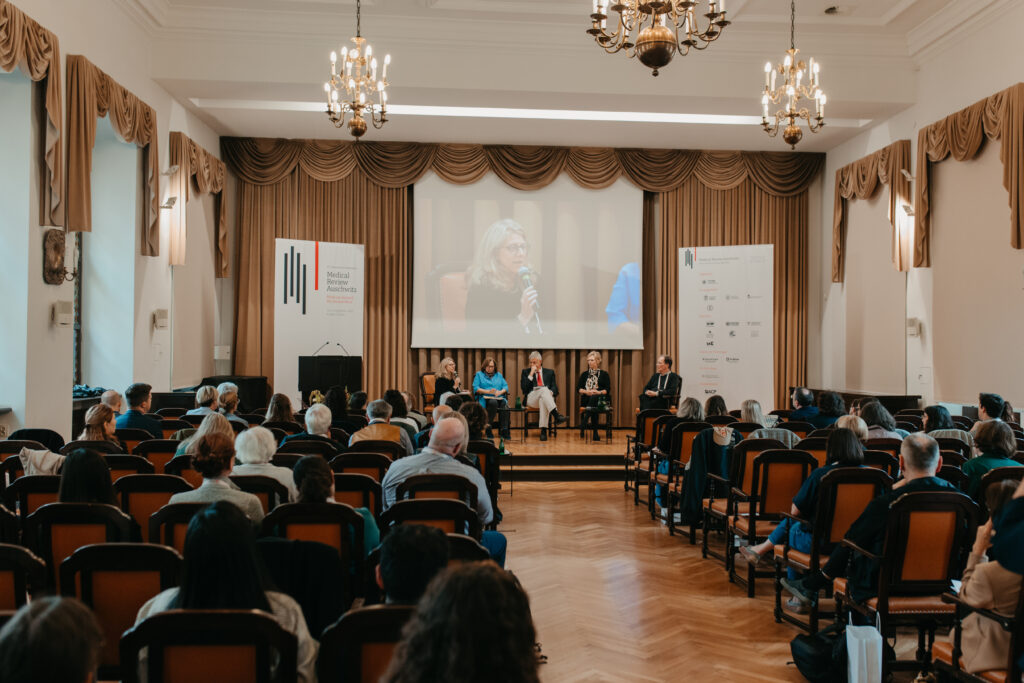
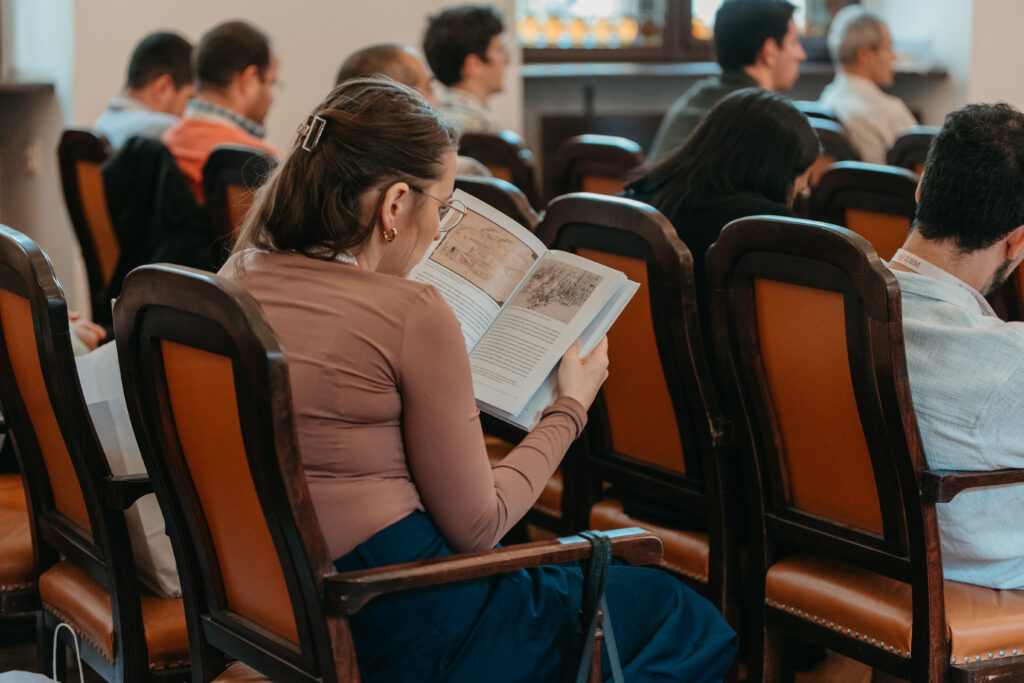
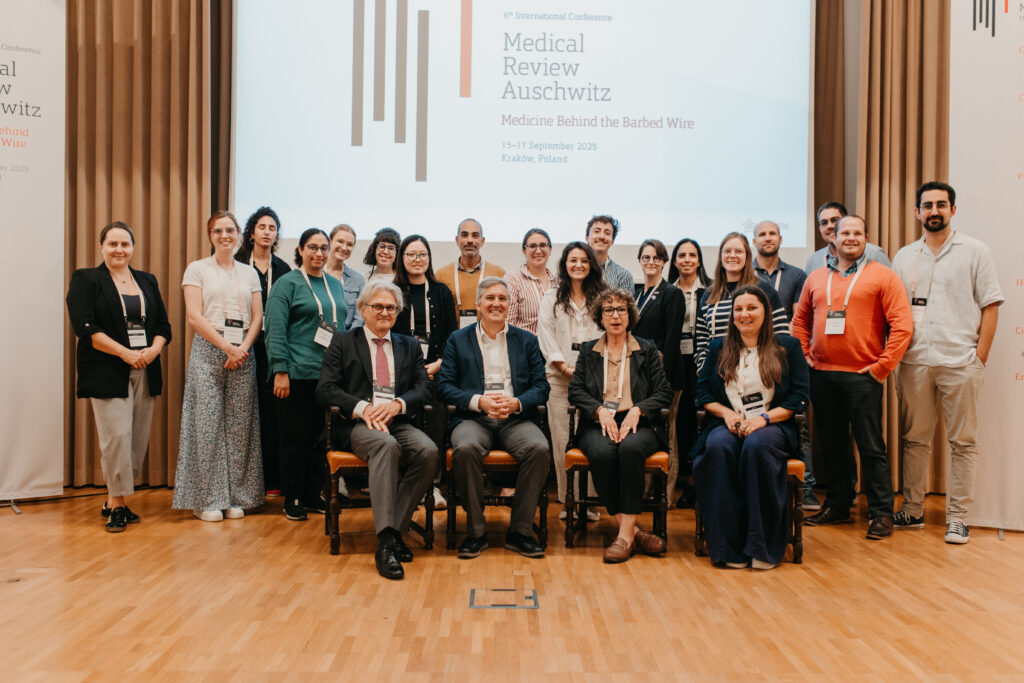
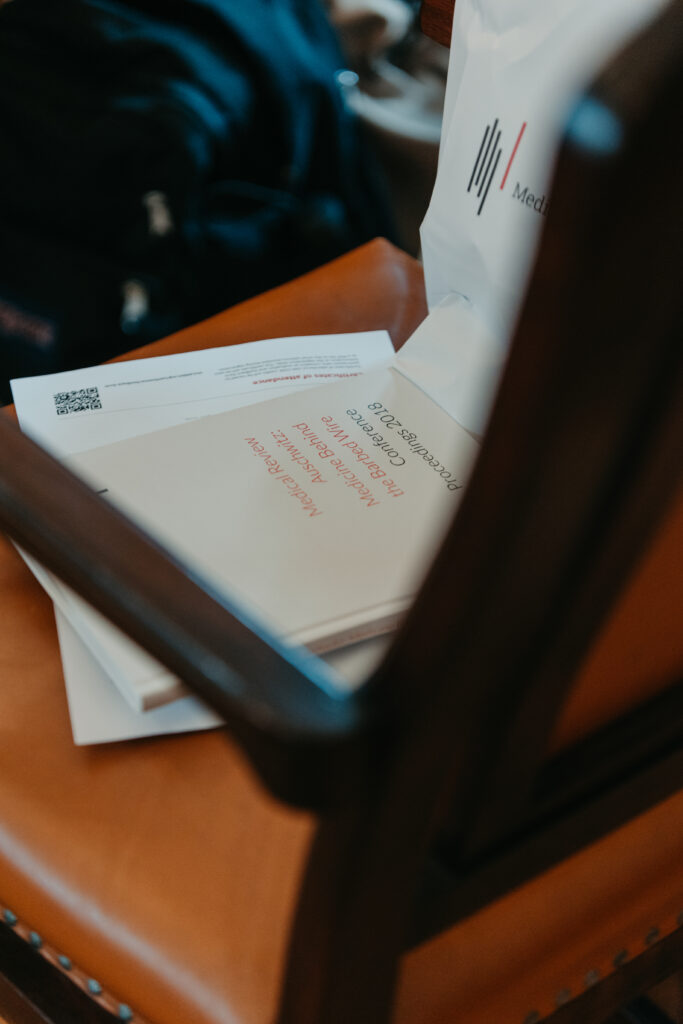
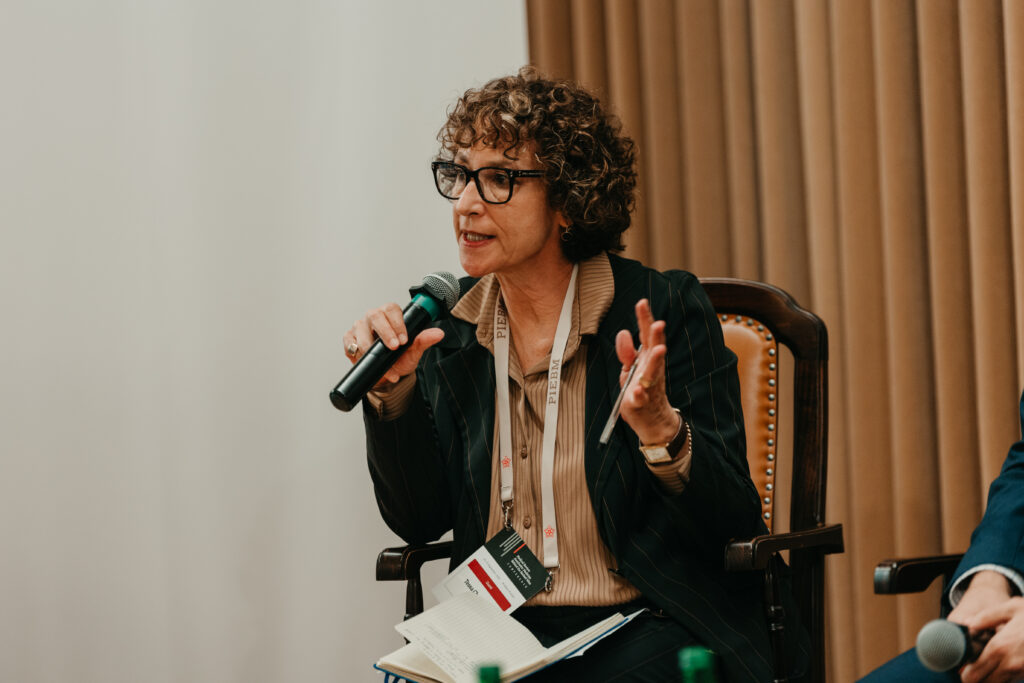
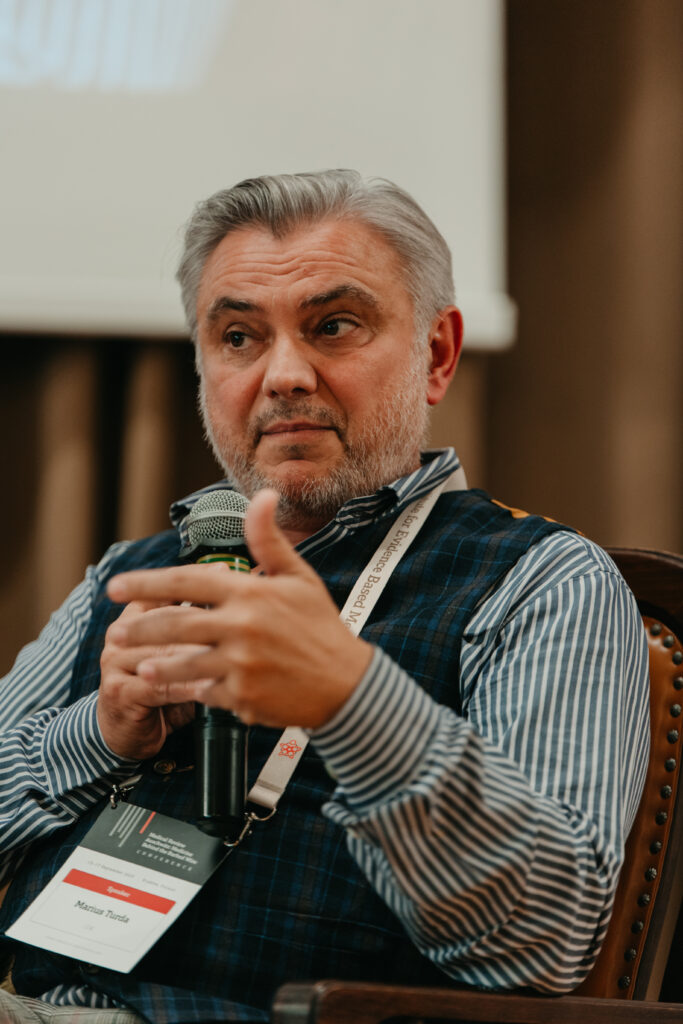
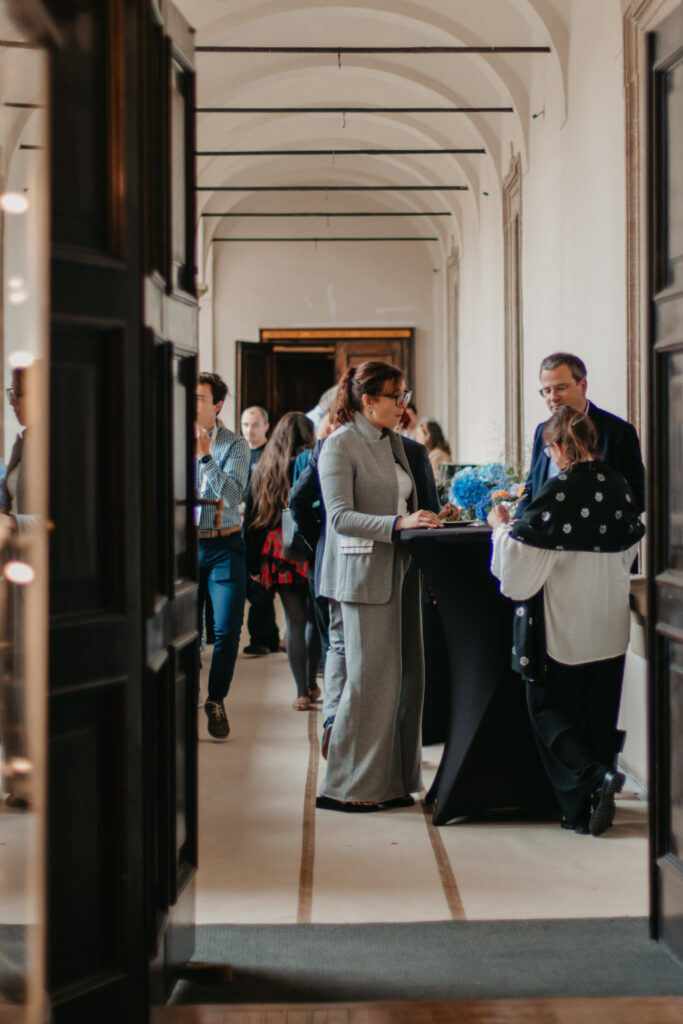
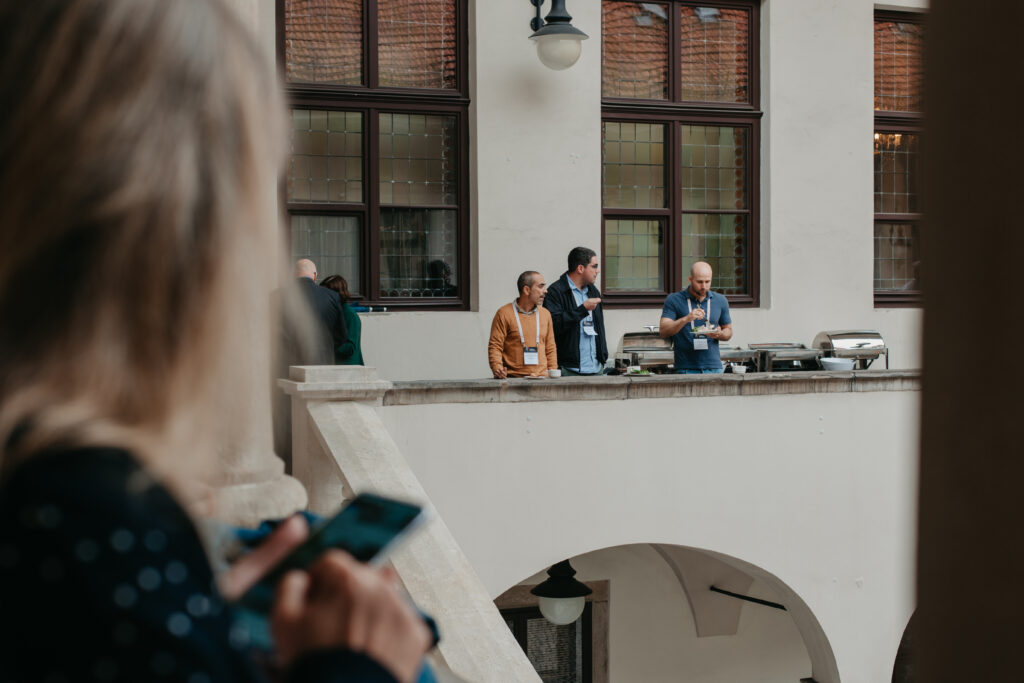
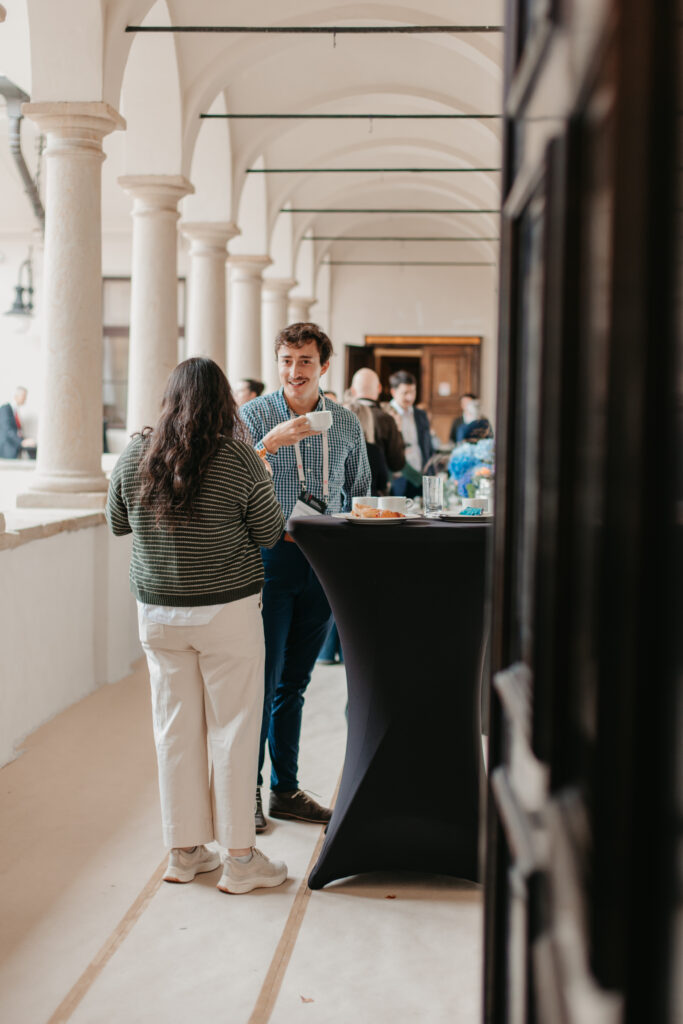
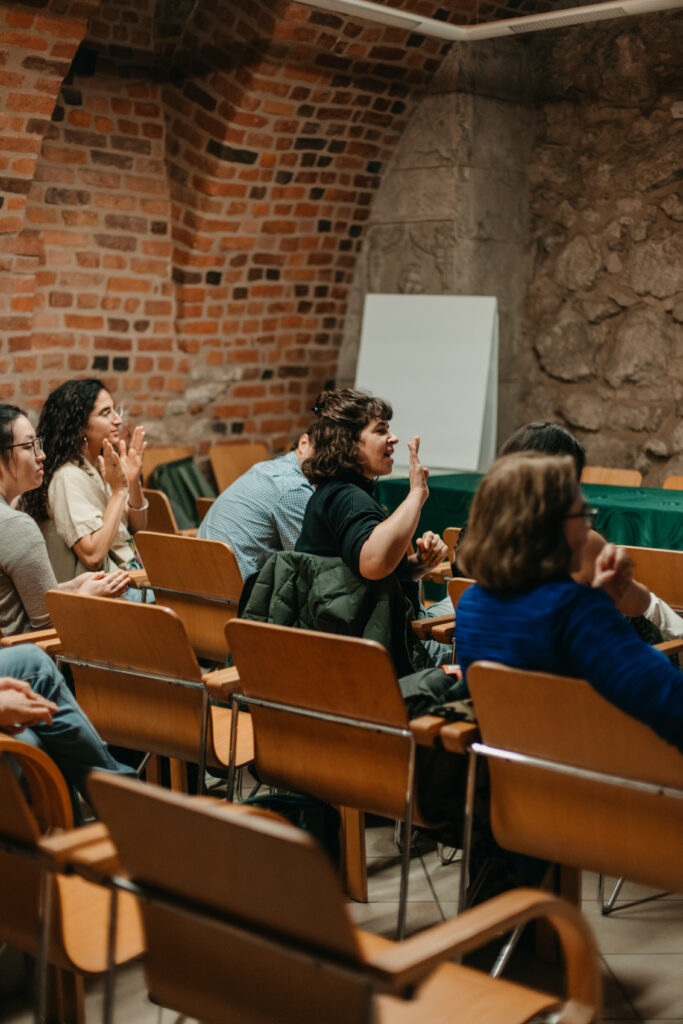
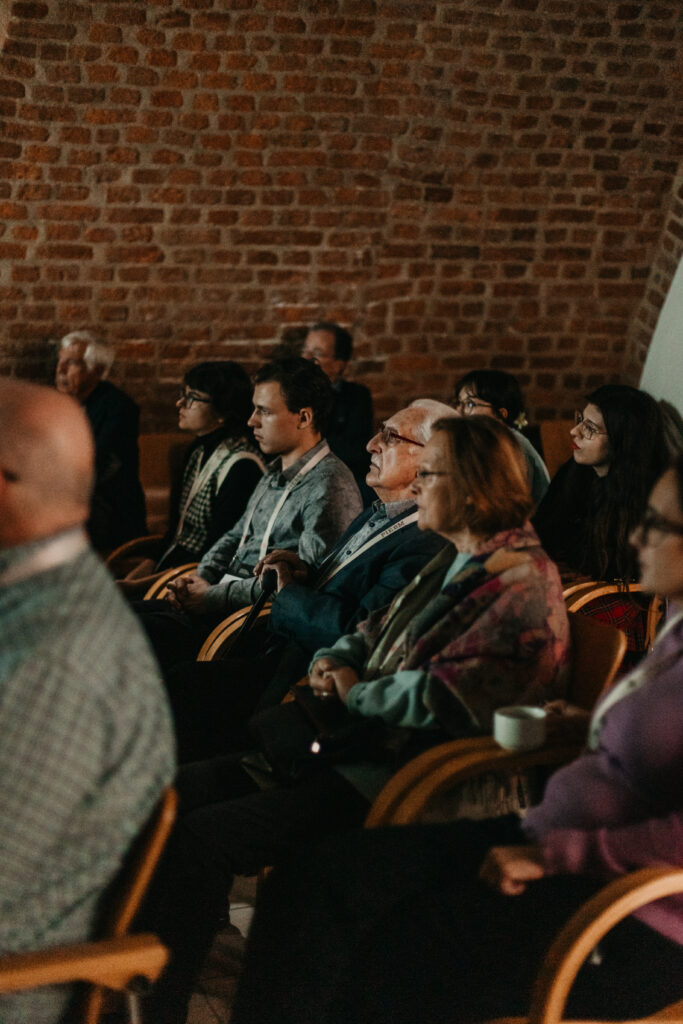
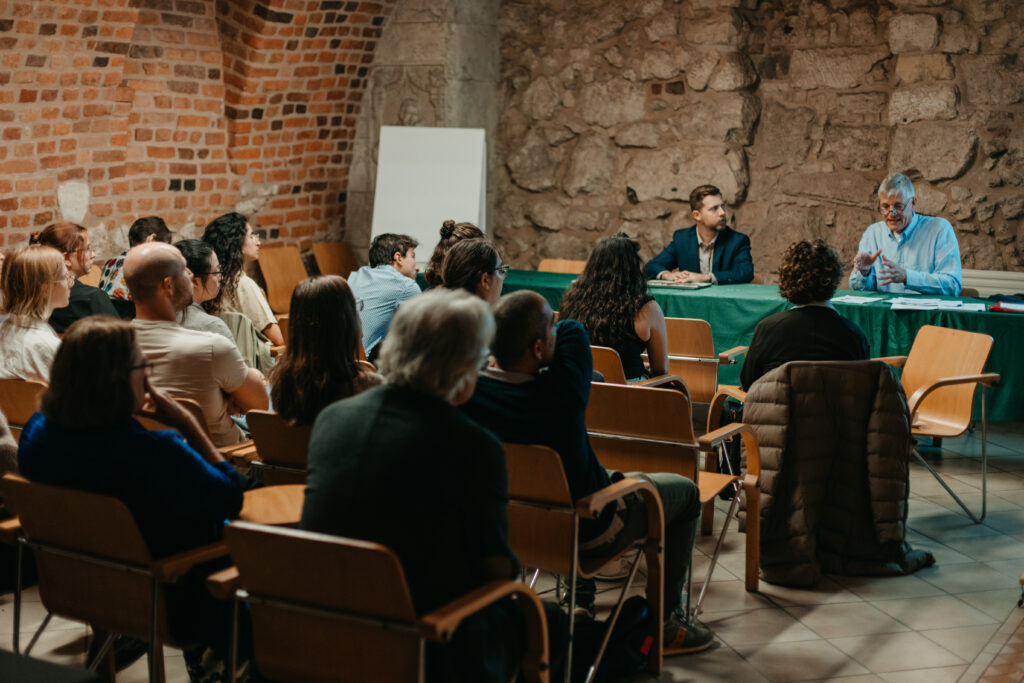
PROGRAM
Opening
Welcome addresses
Piotr Gajewski (Polish Institute for Evidence Based Medicine, Poland)
Maciej Małecki (Jagiellonian University Medical College, Poland)
Karol Polejowski (Institute of National Remembrance, Poland)
Keynote speech: Cogito ergo sum (Descartes)
Leon Weintraub (Sweden) – Guest of Honor, survivor of Nazi German concentration camps
VIDEO
Session I
Opening lecture: Physician leadership in Nazi euthanasia and sterilization campaigns: How did it go so wrong? What can we learn?
Mildred Solomon
Harvard Medical School, USA
VIDEO
Nazi medical crimes: Escalation of racist ideology, economic rationality, or crimes of opportunity?
Thorsten Wagner
Fellowships at Auschwitz for the Study of Professional Ethics, USA
VIDEO
Nazi medical crimes, professional interests, and economy: The origins of the Declaration of Helsinki
Volker Roelcke
Institute of the History of Medicine, Giessen University, Germany
VIDEO
Research as a tool to protect vulnerable populations: Lessons learned from the Declaration of Helsinki
Karla Childers
Board of Directors, Fellowships at Auschwitz for the Study of Professional Ethics;
Head of bioethics at Johnson & Johnson, USA
VIDEO
Panel discussion
All speakers from Session I
VIDEO
Session II
Electroconvulsive therapy in Auschwitz: Medical innovation and human experimentation
Herwig Czech
Medical University of Vienna, Austria
VIDEO
“…This would serve for the benefit of the whole family…”.
Brain research on the victims of child euthanasia in Lower Silesia
Kamila Uzarczyk
Medical University of Wrocław, Poland
VIDEO
Hygiene Institut der Waffen-SS und Polizei Auschwitz O/S:
What do we know about the main laboratory in KL Auschwitz
Teresa Wontor-Cichy
State Museum Auschwitz-Birkenau in Oświęcim, Poland
VIDEO
From Jan Sehn to the Institute of National Remembrance:
Criminal medicine in Auschwitz Concentration Camp in historical research and prosecution proceedings
Filip Gańczak
Institute of National Remembrance, Poland
VIDEO
Panel discussion
All speakers from Session II
VIDEO
Session III
On dealing with guilt: The difficult path of confronting the Nazi euthanasia crimes from 1945 to the present day
Michael von Cranach
Germany
VIDEO
Confronting eugenics and scientific racism
Marius Turda
Oxford Brookes University, UK
VIDEO
Suffering and the moral orientation of presence
Jay R. Malone
Washington University School of Medicine, USA
VIDEO
Legal and ethical dilemmas of Nazi eugenic propaganda online in an age of disinformation
Katarzyna du Vall
Jagiellonian University, Kraków
Teaching professional ethics against the backdrop of Nazi medicine: Potentials, challenges, best practice
Thorsten Wagner
Fellowships at Auschwitz for the Study of Professional Ethics, USA
VIDEO
Panel discussion
All speakers from Session III
VIDEO
Supported by
